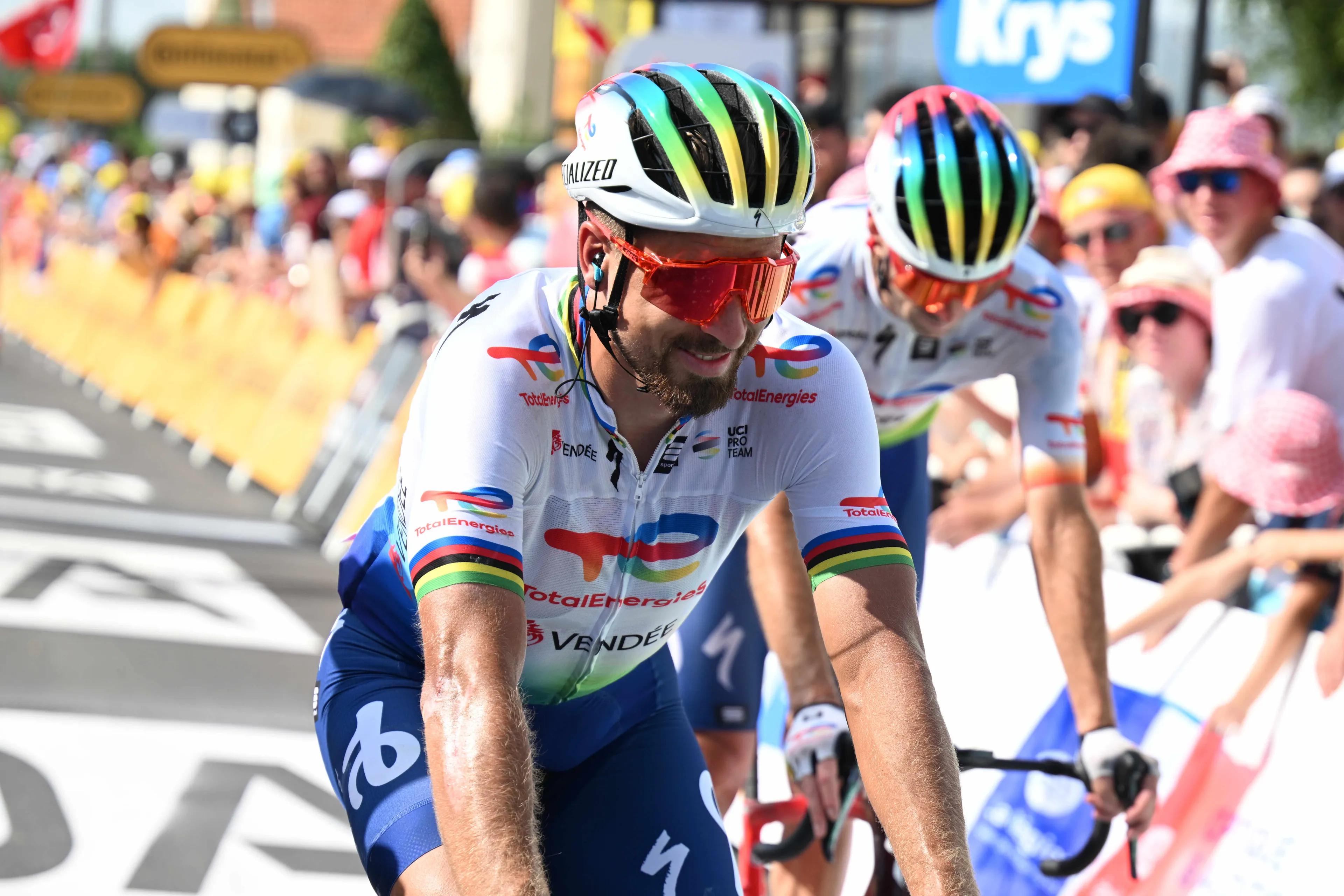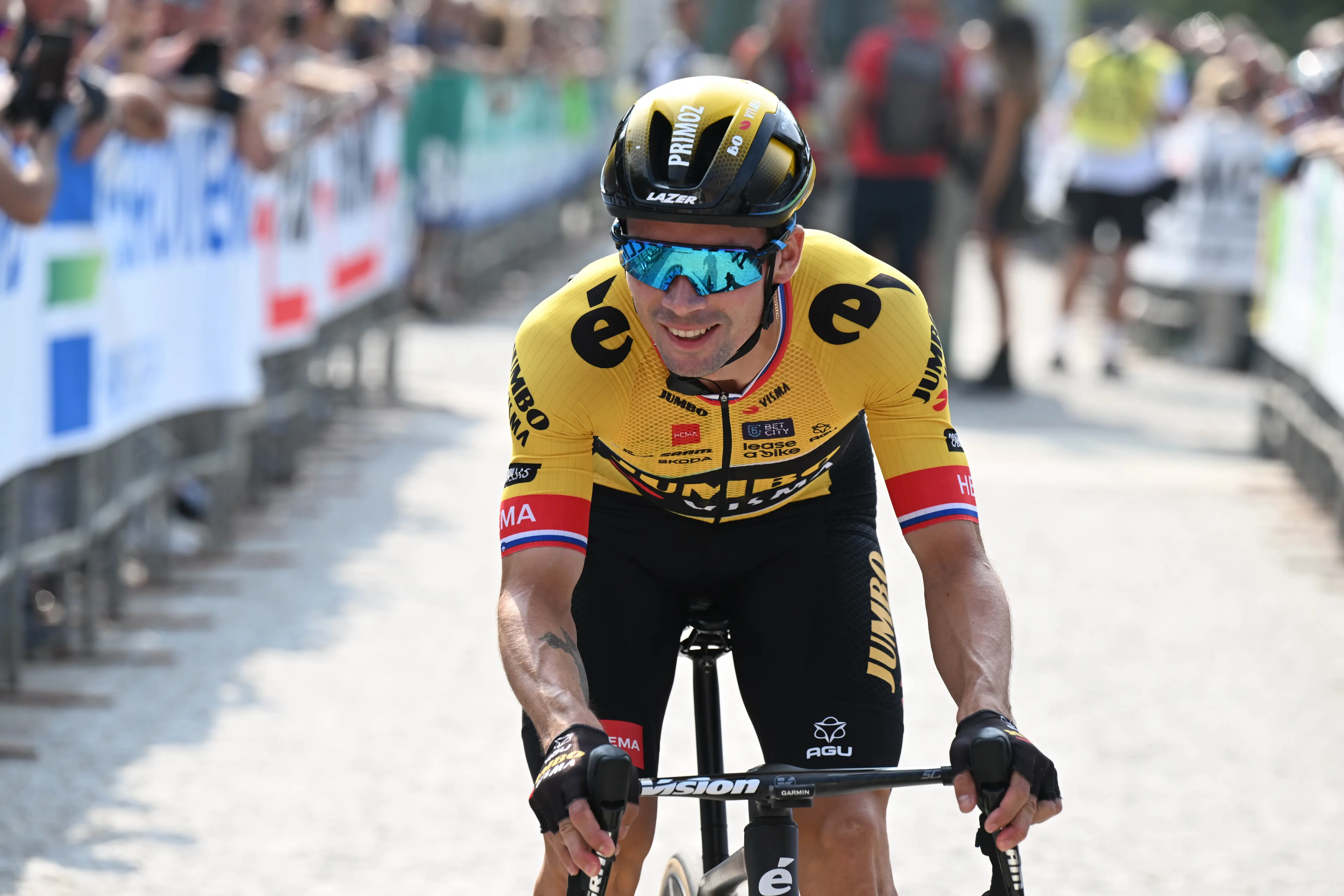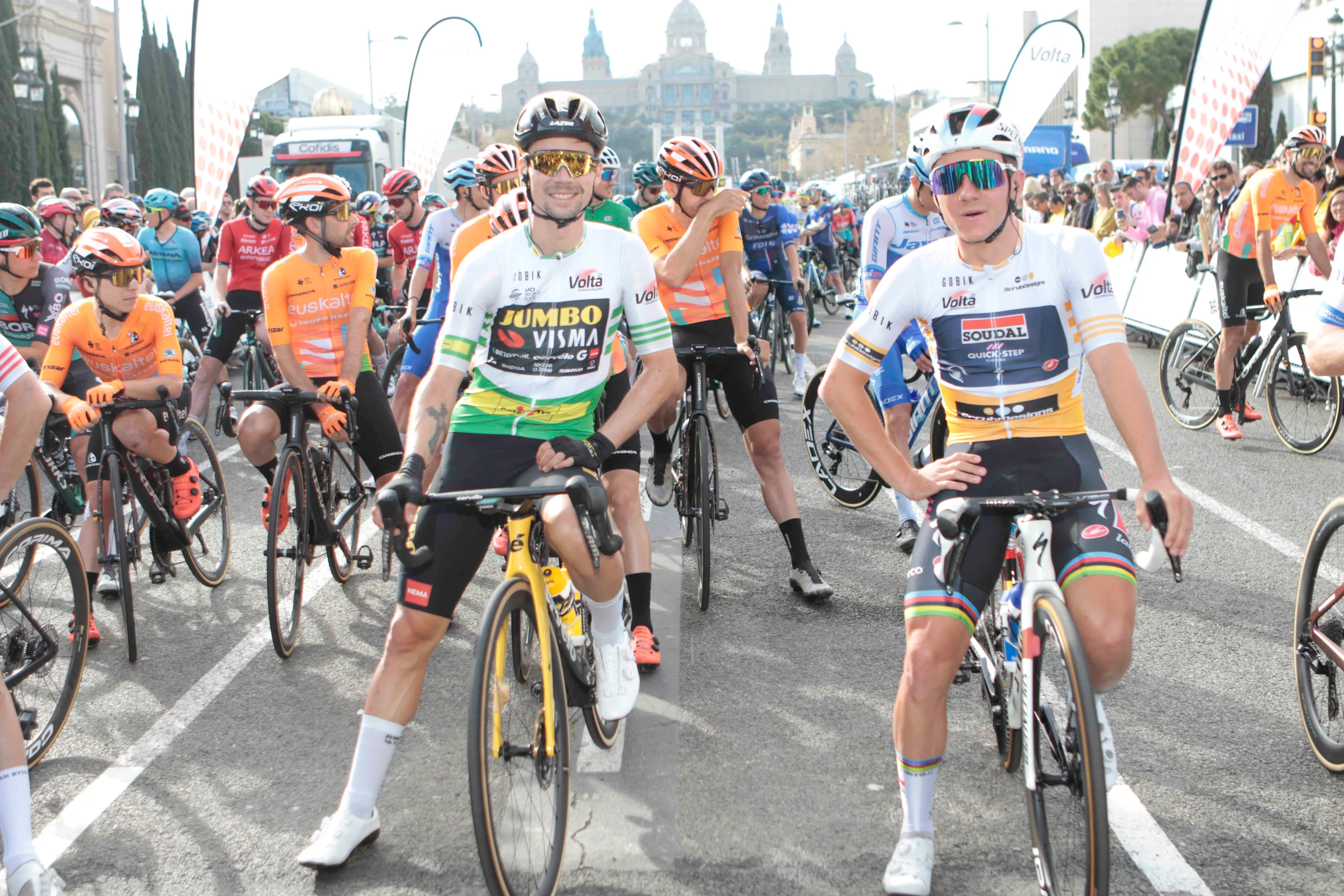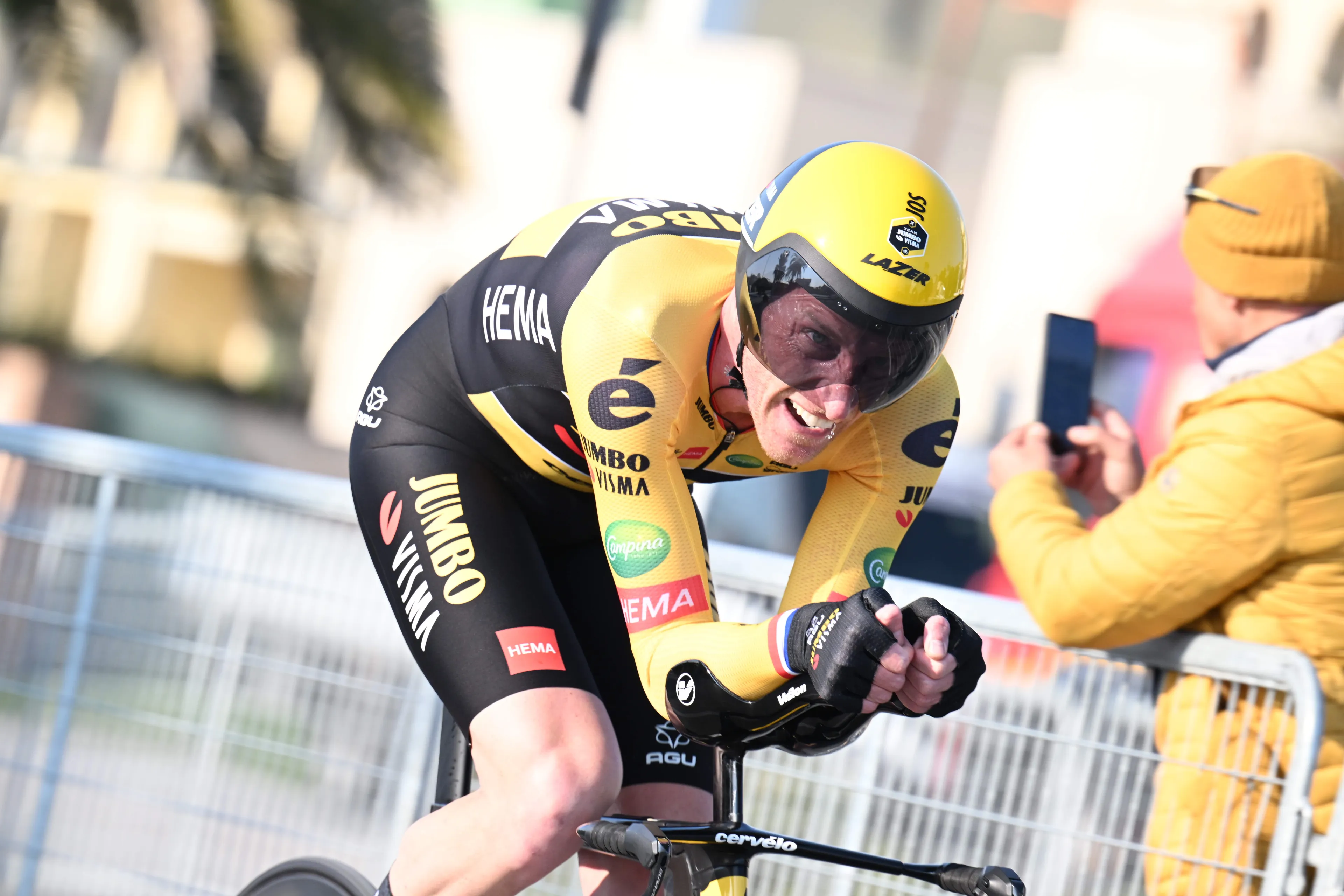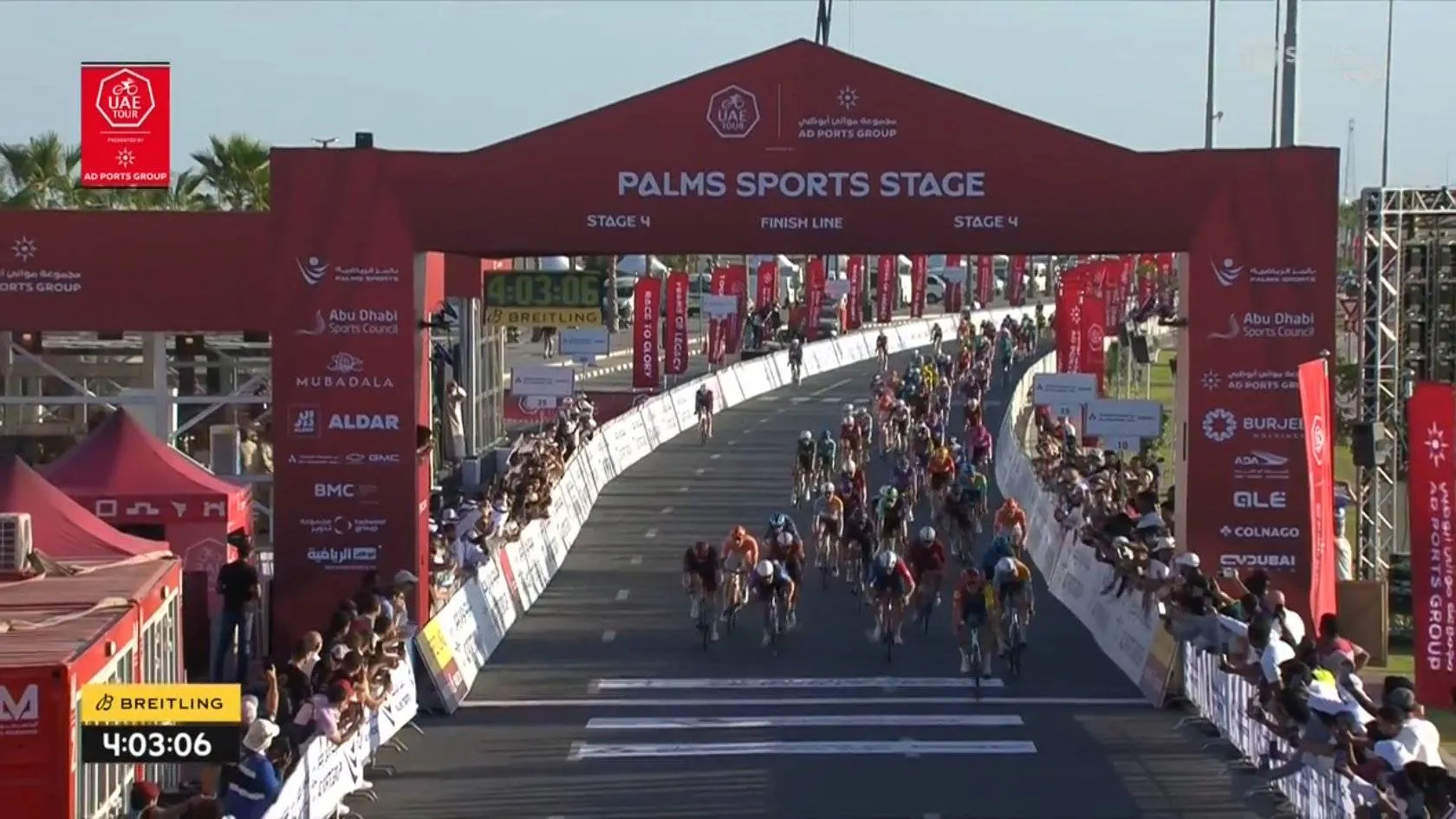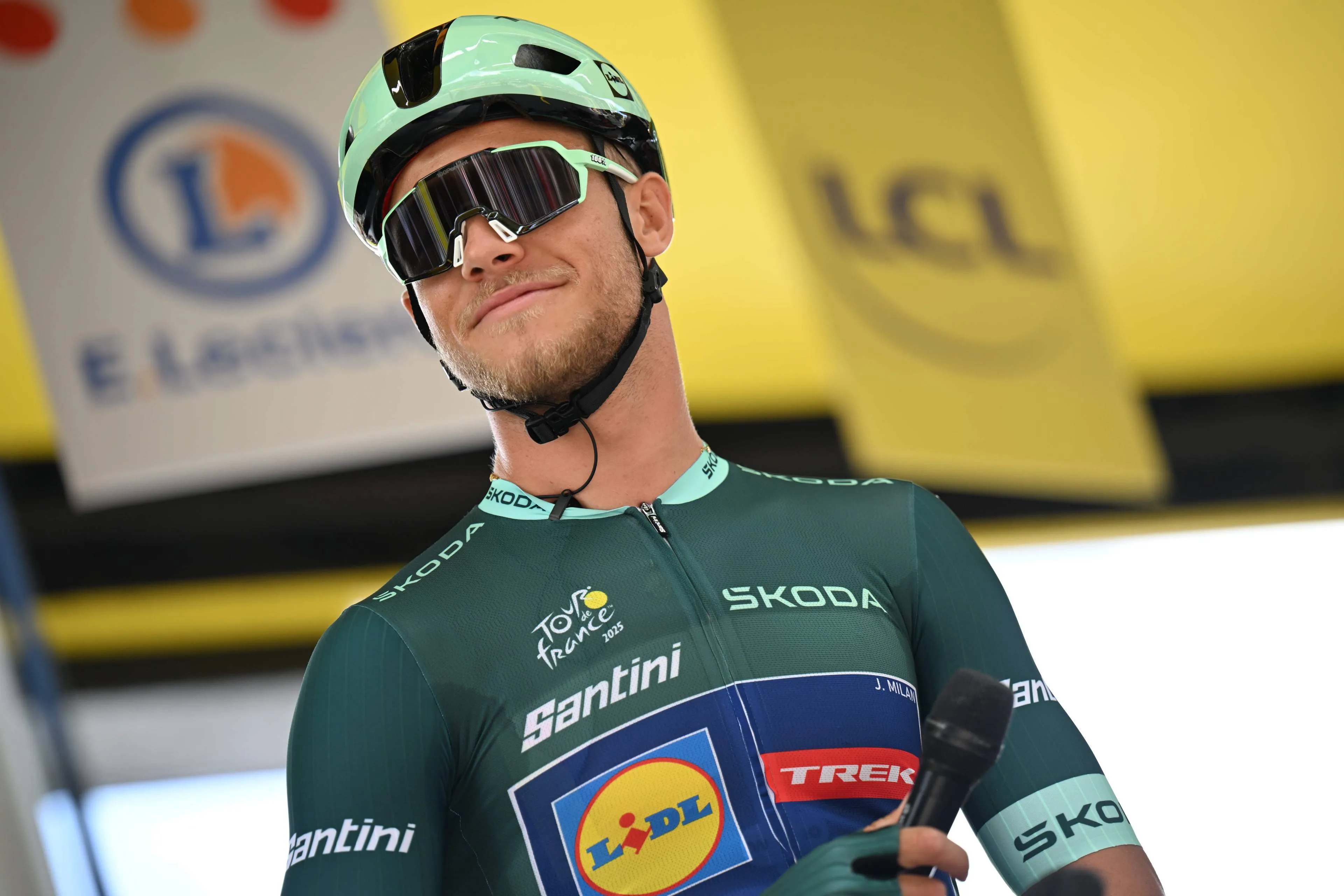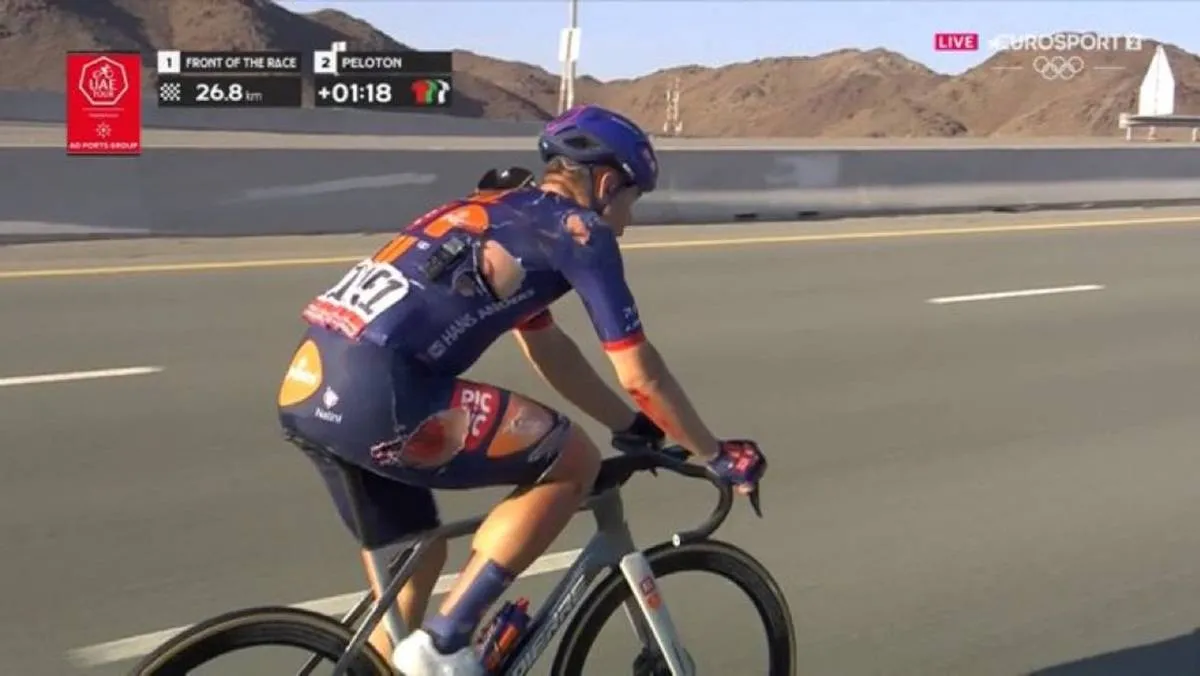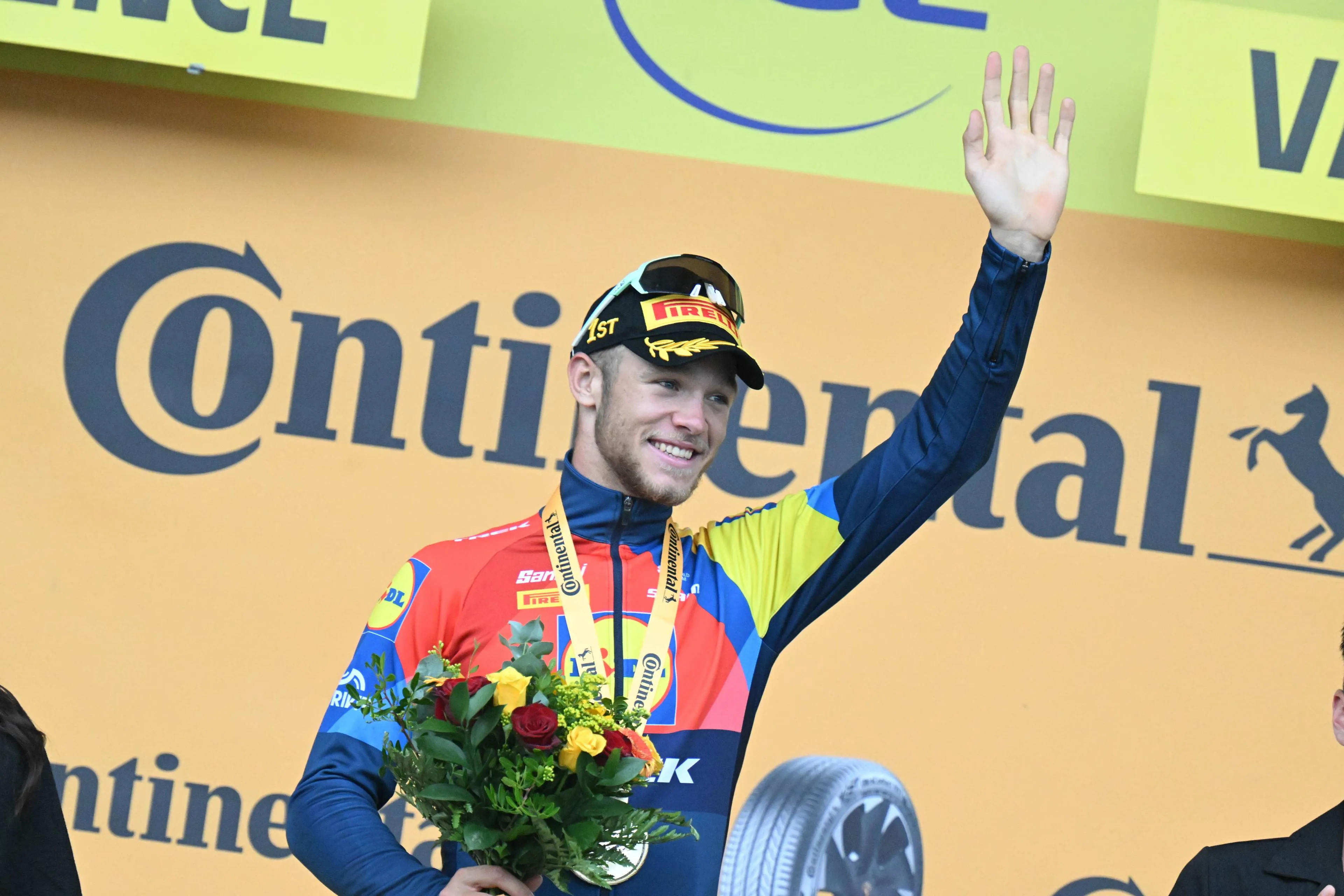"I did things that I could never dream of" - Greg van Avermaet reflects happily on his career
CyclingThursday, 09 November 2023 at 16:30
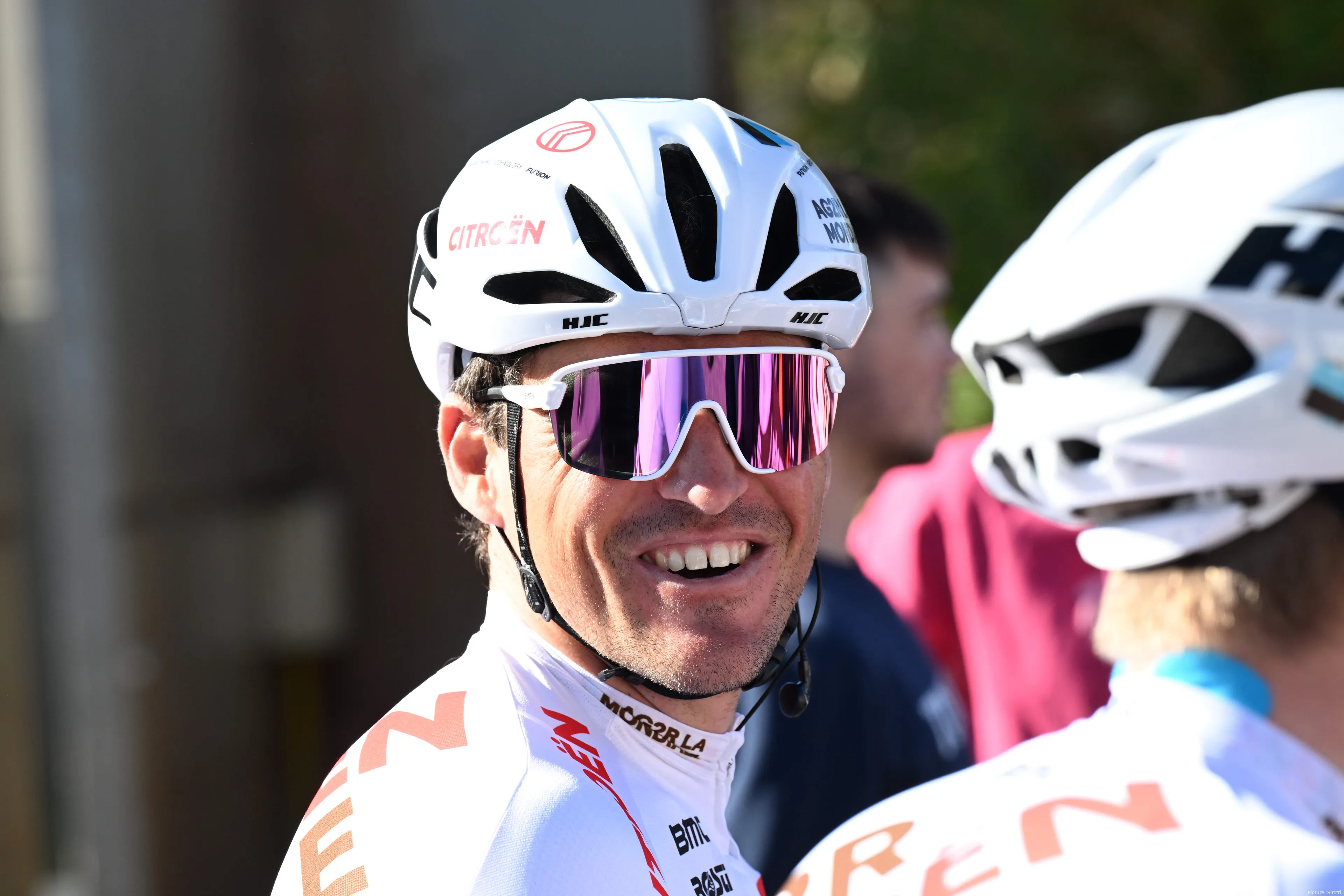
Greg van Avermaet was one of the most successful riders in modern cycling. An Olympic champion, Paris-Roubaix winner, yellow jersey wearer at the Tour de France and much more; he looks back at his career fondly after retiring at the end of this season.
“It's just been a nice career, and I'm super happy to finish it still on a good way and being competitive. Not on the same level I was, but I can be happy with what I did. I'm happy with my decision," van Avermaet said in an interview with Cyclingnews. “I hope to do a few gravel races next year. But if you want to do good again, then you have to start training again, doing twenty hours a week again. I don't know if I'm up to that. But for sure, I’m still going to ride my bike.”
Read also
The Belgian hangs up his wheels at 38 years of age after almost two decades in the peloton. A pro since 2006, he became a traditional figure in the cobbled classics, which were a big part of his career. Among his 42 pro wins were several in this area of Europ, his endurance, sprint and tactical ability alongside tremendous power on the short ascents saw him thrive - specially in the 2016 and 2017 seasons.
“Nowadays riders a little bit different, and they go earlier. I tried to go early a few times years ago, because I felt I was stronger when the race was man against man. But nobody was joining me, or else you’d get weaker guys with you," he tells, reminiscing the days where he was a leading figure in the classics. " You wouldn’t get anywhere that way, so you’d end up looking like the stupid guy. But these days, when a good guy goes, the other good guys follow. And after that, it's quite simple. If the good guys go and they ride together, then the rest won’t be able to follow."
Read also
He had to be more chirurgical with his attacks but his strength allowed him to win big and many times. In 2016 he benefited from a chaotic race to outsprint Jakob Fuglsang into an Olympic title, That year he also won at the Tour de France and then wore the yellow jersey for several days. “I did things that I could never dream of,” he admits.
“I was yellow jersey in the Tour – for me, that was a little bit insane – and I won the Olympics, and I had all the stuff that came after that. I worked hard for it, but everybody's working hard, so you also have to be also lucky and talented. But I gave my best every day, and when you do that, you can’t have a single regret. You should just be happy with yourself and look back on a great career.”
Read also
claps 4visitors 3
Just in
Popular news
Latest comments
- Fabio cannot catch a break.mij19-02-2026
- OK, today is the "air conditioner"... yesterday was a cramp... on saturday a bee will sting him in his tongue... his tongue will swell up and mustafa gets no oxygen. Because of his swollen tongue, Remco won't be able to give us a new excuse. Remco and the spanish rat Ayuso should be on the same team. They both have a ton of excuses and both of them are liars. Ad acta.Mou-Cro-HR19-02-2026
- Florian Lipowitz is secretly happy
 Rafionain-Glas19-02-2026
Rafionain-Glas19-02-2026 - The crucial thing to remember is that Remco was broken by the pace of Gall and Tiberi, not Del Toro's. Remco's excessive antics are because he doesn't want anyone to think that he's 'genuinely' struggling. You can always say 'he got cramps' because 'his preparation didn't go to plan', but the thing is that there is a limit to the number of excuses and exceptions that there can be. Eventually everyone just accepts that he's reached his ceiling on the climbs.
 Rafionain-Glas19-02-2026
Rafionain-Glas19-02-2026 - Bahraini suspicious..Santiago19-02-2026
- The problem is, a British 'boss' opening the gates, when the native workers not wanting them!
 leedorney19-02-2026
leedorney19-02-2026 - Who is overrating him on climbs? Everyone knows since ages it’s his weakness and needed years of work. Question us if he can do enough about it. For sure he won’t be able to improve his TT enough to compensate.Mistermaumau19-02-2026
- What do you call only seeing someone’s positives?Mistermaumau19-02-2026
- Remco banging his leg, just like he banged his saddle when pog dropped him. He ain't fooling anyone with those antics. I'm not a hater, but he's a bit overrated on serious climbs.Santiago19-02-2026
- Obviously isn’t learning from the Epstein fallout. The more you unravel the past the more undiscovered mess appears.Mistermaumau19-02-2026
Loading
1 Comments
